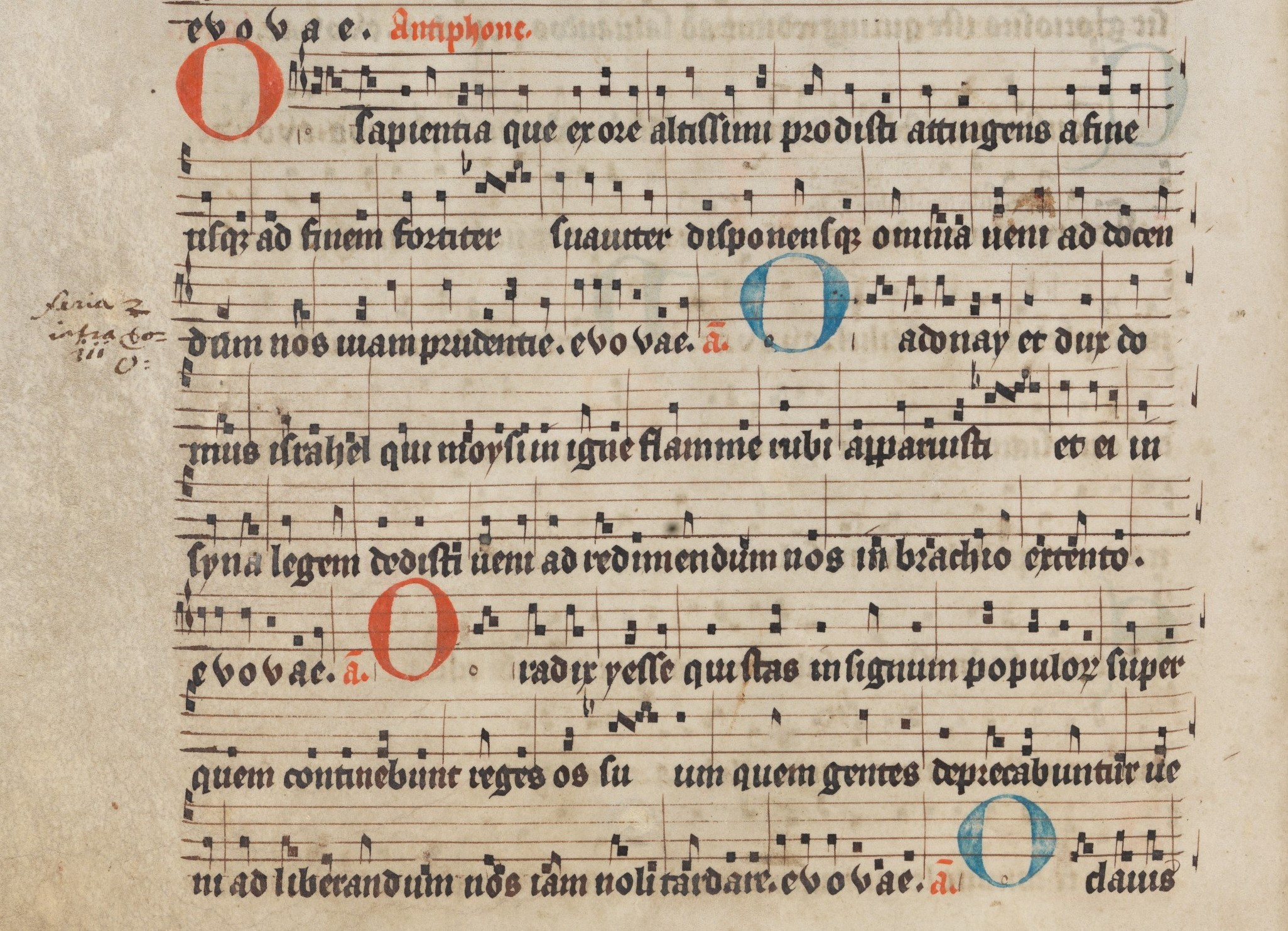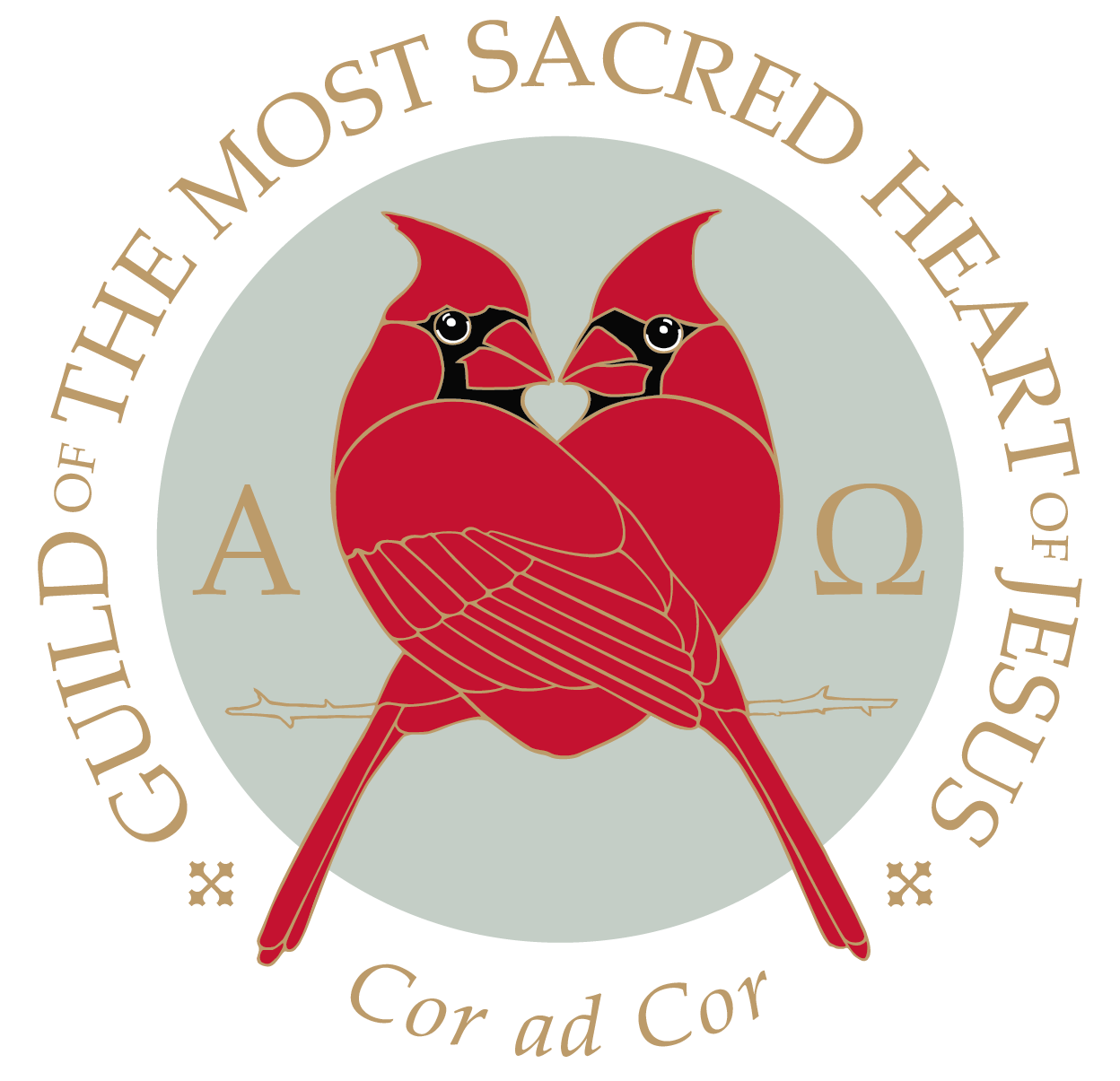
|
You may think that Missals have always been around. But that’s not true. Missals came into being in the West because of three related phenomena: (1.) the rise of the Mendicant Orders (Franciscans, Dominicans etc.) who essentially supported themselves financially by saying multiple Masses for patrons; (2.) the introduction of spoken or ‘Low’ Mass, and; (3.) the printing press.
The Mendicant Orders made money by saying Masses, but originally, Mass had to be sung – it required ministers and musicians – and was a rather costly endeavor. For this reason, Mass was only sung once a day in the great churches, and less frequently elsewhere. It would not be easy to offer lots of Masses without changing the rules of the Liturgy to permit the texts of the Mass to be recited, rather than sung. This is precisely what happened, probably by way of abuses that gradually were tolerated over time.
Thus the spoken or ‘Low’ Mass came into being. Without the requirement of singing, Masses could be said in numerous places and numerous times, because you only needed a server to assist you (or in extreme cases you could do without even him.) But we have to understand that this was a change – a tectonic change – in the fabric of the Rite itself, whose consequences we are still experiencing today.
Finally: the printing press. Suddenly it was possible to create books with all you needed for Low Mass – gone were the separate Graduals, Epistolaries, Evangelaries and Sacramentaries in favor of the ‘Missal,’ where all the texts of the Mass were in one place. No need for singers, no need for separate books; all you need is a priest and a Missal.
But this process, convenient though it may have been, has led to a catrastrophic deterioration in our understanding of how the Roman Rite works. The Missal is a compilation of different sources, but one that disguises the important role each plays in the structure of the Mass. An example: the Missal of 1570, with revisions up to edition of 1962, contains all the components the Church suggests for any conceivable Mass. The ‘Missal’ of 1970, the Mass of Paul VI, no longer does so. It’s actually not really a Missal, properly understood, because it does not contain the readings, nor the antiphons of Mass. It is, actually, a Sacramentary.
We have not lost the readings in this process, because we have now become accustomed to the volumes of the Lectionary placed on the ambo, but we have lost almost all understanding of the antiphons, so much so that many bishops and priests do not even know that the Mass of Paul VI actually has texts for the Offertory antiphon! They are nowhere to be found in the Missal, nor the Lectionary: they are only found in the Gradual – and this book has never been translated into English, so many people do not even know it exists. Furthermore, the antiphons that are printed in the ‘Missal’ for the Introit and Communio are not the same as the ones in the Gradual. TO BE CONTINUED
PRAY
